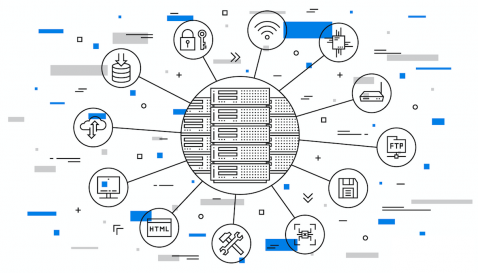8 posts found
Hot OSM: Collaborative mapping to coordinate emergency response
The humanitarian crisis following the earthquake in Haiti in 2010 was the starting point for a voluntary initiative to create maps to identify the level of damage and vulnerability by areas, and thus to coordinate emergency teams. Since then, the collaborative mapping project known as Hot OSM (OpenS…
Exploring the role of open data on the web3
While there is still no absolute consensus on the definition of Web3, the applications and concepts associated with the term have been increasingly widely explored in recent years and some of its propositions such as cryptocurrencies have already reached the general public. The term Web3 usually ref…
Formulas for accelerating data collaboration
After a period in which efforts were focused on releasing data, mainly from the public sector, in conditions in which it could be reused to create value in its different forms (economic, social, cultural, etc.), we are finding increasing activity around collaboration between organizations to solve b…
Edge computing and its importance in real-time data management
Autonomous vehicles, smart waste management services, trainers that monitor how much we exercise... We live in an increasingly digital and connected environment, with greater similarities to the future we dreamed of as children. It is the so-called Internet of Things (IoT), a network of physical obj…
The benefits of publishing open mobility data in cities
Mobility is a key economic driver. Increasing the efficiency and quality of a country's mobility system contributes both to the strength of its economy and to improving the quality of life of its citizens. This is particularly important in the mobility systems of cities and their metropolitan areas,…
Pubby and LODI, opening linked data to humans
An important part of the data which is published on the Semantic Web, where resources are identified by URIs, is stored within triple store databases. This data can only be accessed through SPARQL queries via a SPARQL endpoint.
Moreover, the URIs used, usually designed in a pattern, in most of the d…
The transforming power of data in our cities
People, governments, economy, infrastructure, environment ... all these elements come together in our cities and they have to make the most of the constant flow of data on their streets to be more efficient. Analysis of the efficiency of services, monitoring of investment, improvement of public…
The ecosystem that nourishes open data
On too many occasions, open data initiatives are born in governments as purely technical projects whose purpose is simply creating a data catalog, when, in reality, they should be seen as collaborative transformation projects that take place within complex and variable environments, in which th…







